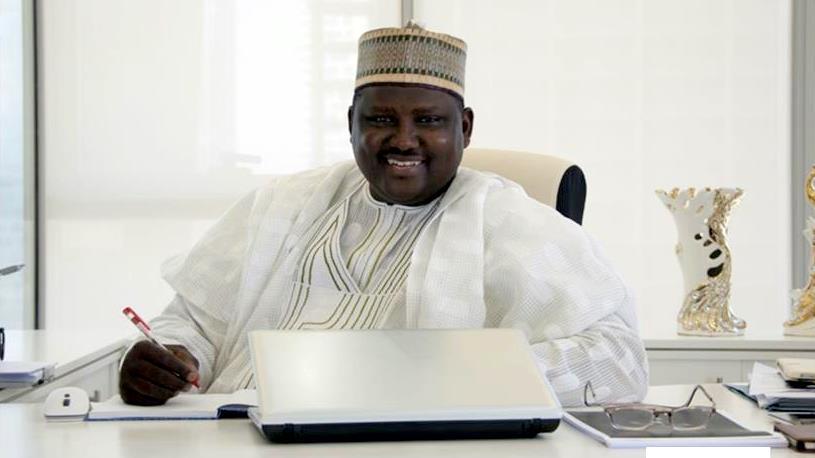Assets recovered from the former Chairman of the Pension Reform Task Force, Mr Abdulrasheed Maina would likely be read out as a Federal High Court, Lagos will hear an application to compel the government to release information on assets on October 9.
According to Nation reports, Justice Oluremi Oguntoyinbo fixed the date while delivering ruling in an ex parte application for an order of mandamus filed by a non-governmental organisation (NGO), the Registered Trustees of the Centre for Law and Civil Culture.
The Economic and Financial Crimes Commission (EFCC) says on its website that Maina is wanted for alleged complicity in the over N2 billion pensions biometric scam in the office of the Head of Civil Service of the Federation (HoSF).
The suit has the Attorney-General of Federation (AGF), Mr. Abubakar Malami, and the EFCC as respondents.
The NGO’s lawyers A. Imran and Gazah T. Olalekan told the judge that an order of mandamus would compel the respondents to accede to its Freedom of Information (FoI) request on the status of all the property recovered by and from Maina.
They also sought to know, among others, “whether the declaration of Mr. Abdulrasheed Maina, former chairman of the Presidential Task Force on Pension Reform in Nigeria, as a wanted person by your commission stands or same has been revoked”.
Granting their application, Justice Oguntoyinbo held: “…It is hereby ordered that time is extended within which the applicant may file ex parte application seeking leave for an order of mandamus against the respondents.
“That leave is granted to the applicant to file application for an order of mandamus against the respondents to compel the respondents to release information as to the status and position of the (a) landed properties, monies and other valuables recovered from Abdulrasheed Maina, the ex-chairman of the Pension Reform Task Force.
“(b) 270 landed properties, monies, exotic cars and other valuables recovered by Abdulrasheed Maina from the pension looters, which property and valuables are kept in the custody of the respondents”
